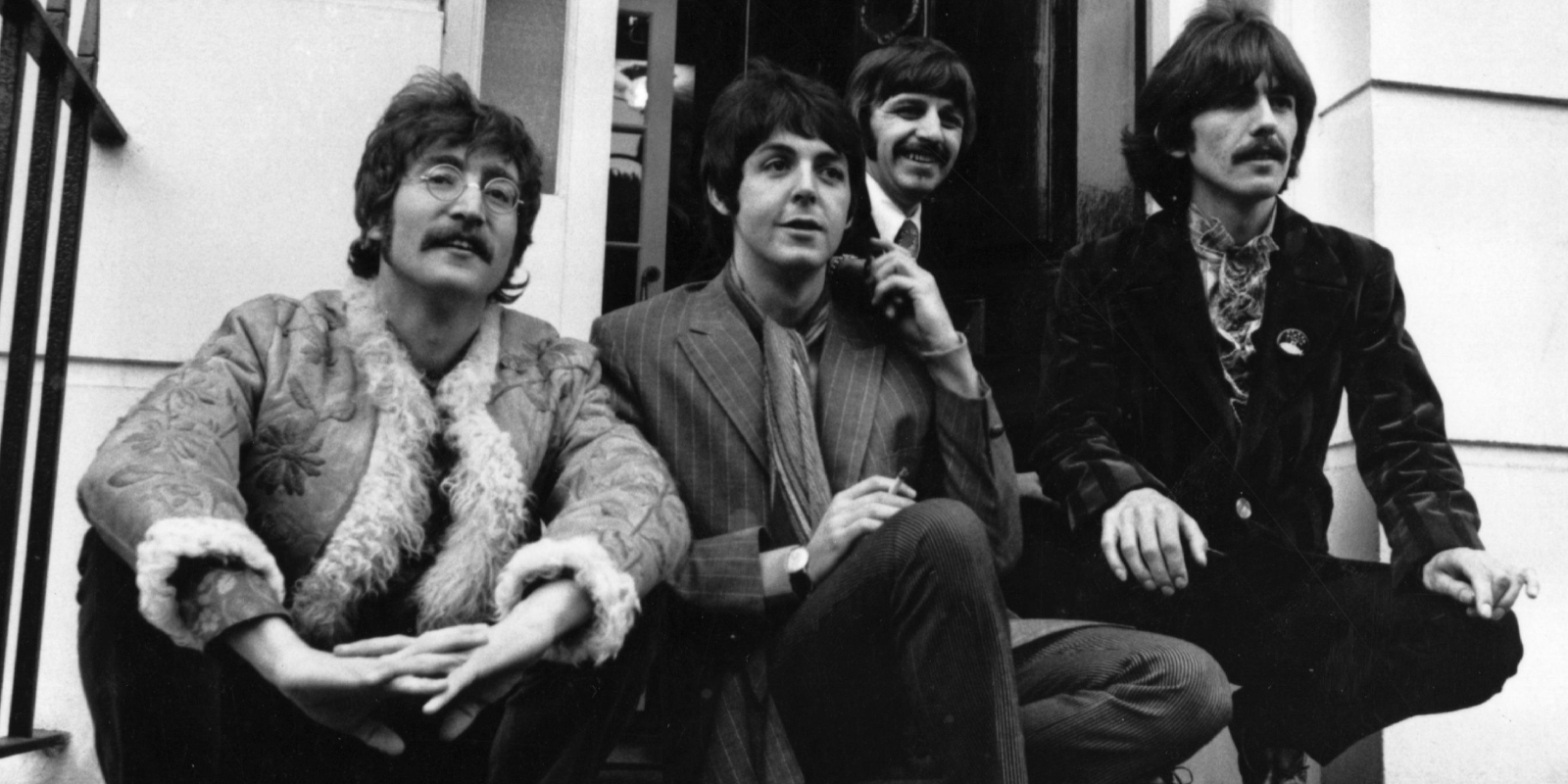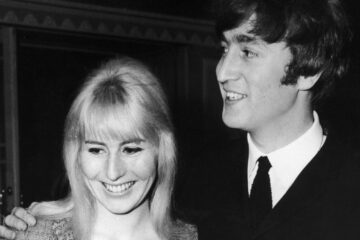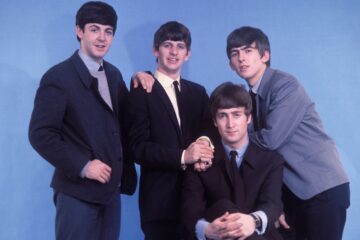News George Harrison explains why The Beatles “had to end” in newly surfaced interview
Even the greatest band in the history of music couldn’t withstand the crashing waves of celebrity pressure forever. What began as a fun-filled project celebrating The Beatles‘ shared love of music soon transitioned into a global phenomenon that no one could escape from, especially the members themselves. Following Abbey Road, the foursome bid their final adieu, but who was the first to initiate it? According to a newly surfaced historic interview with the late George Harrison, it’s not quite as simple as that.
“John!”, Paul McCartney exclaimed, his tone indicating nothing more than a switch-up based on reflecting Howard Stern’s provocative questioning. The interviewer had, of course, asked him who broke up The Beatles, a query that more often than not pointed towards McCartney as the culprit. In fact, over the years, the cunning Beatle has been central to many theories about their fateful end, due to the announcement of his solo 1970 album.
“That’s a long story,” McCartney claimed, and it certainly was. There were a lot of influencing factors that brought the band to their split, with speculation citing many things from Brian Epstein’s death in 1967 to John Lennon’s decision to quit following a series of irreparable friction that saw him turn his back on The Beatles for good. Of course, this also resulted in many blaming Lennon’s wife, Yoko Ono, who was accused of influencing the former Beatle’s desire to take on a new musical direction.
According to Harrison, however, the split cannot be attributed to one singular person. Instead, it was a result of one defining foundational aspect that meant the band was destined to dissipate. In the guitarist’s eyes, the breakup happened as a result of Beatlemania making them feel like “monkeys in a cage.” Harrison, who was only 20 years old when The Beatles skyrocketed to fame, was always considered “the quiet one” for reasons no one quite knew at the time or could understand.
In hindsight, however, it’s possible that this became a knee-jerk reaction to the intrusiveness of fame, and when you consider the trajectory a band like The Beatles might have experienced, it’s no wonder why he became closed-off. “We kept realising we were getting bigger and bigger until we all realised we couldn’t go anywhere,” the musician said in a 1980 interview, set to appear in Steven Gaines and Peter Brown’s new book, All You Need Is Love, newly shared in The Times.
Harrison claimed that the unrelenting global fascination with the band “became too much in the end.” According to the guitarist, instead of basking in the joy of achieving long-term successes, the immense fame made the Fab Four instead feel “trapped” which made them realise “that’s why it had to end.”
While they ultimately did end up splitting, there were times where it felt like the Fab Four could stay together due to their powerful friendship. They each had one another to find solace in due to their “shared experience,” which meant they “could keep each other laughing or crying or whatever we did to each other. It was definitely an asset being in a group.”
Harrison also referred to other global stars as a way of demonstrating the unique dynamic he experienced within The Beatles. While major names like Elvis Presley had a large entourage, “there was only one man having that experience of what it was like.” As a result, this was “far lonelier” than being a part of The Beatles, because they had each other to lean on when things became tough.
Although many elements of The Beatles’ storied lives and career have given rise to speculations over the years about the various feuds that happened behind-the-scenes, Harrison’s input is suggestive of something much bigger than themselves, the pressures of fame. Even four people as close and understanding as The Beatles couldn’t stave off the vulture-like nature of fan culture, which is ultimately more telling of the band’s monumental reputation than the friction they experienced behind closed doors.




